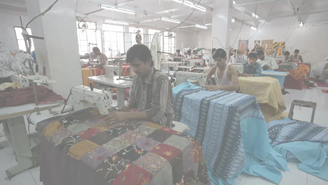Moving the Fashion Industry Forward: Regulations and Industry Tools
Five years ago, the world was awakened to the reality of garment manufacturing conditions in Asia, and specifically in Bangladesh. The production of clothes for the developed markets was posing life-threatening hazards for Bangladeshi garment workers. The Rana Plaza factory collapse, which killed 1,100 people and severely injured 2,000, raised awareness among industry organizations, governments, investors and the public about fundamental human rights issues as well as poor working conditions in the region.
US Lawmakers Act Against Tax Inversions: Implications for Corporate Governance
The Tax Cuts and Jobs Act (“TCJA”), which came into effect on 1 January 2018, marks one of the most substantial reforms to the United States tax code in more than 30 years. In response to growing public pressure, US lawmakers have enacted wide-reaching tax reforms to curb the trend of tax inversions. These tax arrangements involve the re-incorporation of US companies abroad, enabling them to avoid US laws and domestic tax rates. This blog will examine how a corporate inversion – the most common type of tax move – erodes the US tax base and increases investment risk.
Sizing up the US withdrawal from the Paris Agreement
President Trump’s announcement last week that he will pull the US out of the Paris Agreement is unlikely to have any meaningful impact on clean energy transition. This is because the global pivot to renewable energy is increasingly being driven by economic fundamentals, not policy (an argument we made in our deep dive of the Paris Agreement in January 2016).




